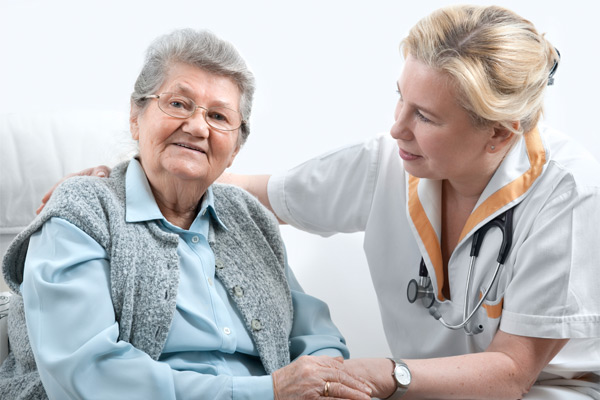
Primarily, Alzheimer’s disease is found most frequently in older adults who are between the ages of 65-80. A large majority of people with Alzheimer’s disease are older seniors, but early onset Alzheimer’s can be diagnosed beginning in their 30s.
It is believed that early onset Alzheimer’s is a result of the inheritance or rare genetics and is a disease that runs in the family. If someone in your family has had early onset Alzheimer’s, there is a greater chance that you will also develop early onset Alzheimer’s, so it is important to look out for indicators.
Early onset Alzheimer’s is defined as Alzheimer’s disease occurring in adults who are under 60. Although early onset Alzheimer’s is less common, it still affects up to five percent of the 5 million adults in the United States who have Alzheimer’s disease. There are nearly 200,000 adults in the United States who are in their 30s, 40s or 50s who currently have early onset Alzheimer’s disease.
If someone is not informed about Alzheimer’s symptoms, in the early stages some mild symptoms may only seem like a natural reaction to being stressed with only agitation and forgetfulness presenting as symptoms.
Warning Signs of Alzheimer's Disease
There are a handful of key warning signs that you can look for if you are concerned that a loved one may have Alzheimer’s disease. Beyond the most commonly associated sign of memory loss and dementia to look out for:
Symptoms of Alzheimer’s
Difficulty speaking
Agitation
Decreased ability to take care of oneself
Repetition
Difficulty with math, recognition, or following directions
Changes in personality
Decrease it motor skills
Hallucinations or paranoia
Confusion worsening at nighttime
Loss of appetite
Difficulty planning
Difficulty completing common tasks
Vision loss
If your loved one is experiencing 2 or more of the symptoms listed, a doctor specializing in Alzheimer’s Care may be able to perform diagnostic tests to help you determine steps you should take next. Alzheimer’s cannot be diagnosed without testing and evaluation by a medical professional.
In general, adults should begin getting tested for Alzheimer’s most commonly whenever symptoms are present. It may also be beneficial to get screened for Alzheimer’s above the age of 75. An older adult over 75 has a one in ten chance of developing Alzheimer’s.
After age 85, there is a fifty percent chance that someone may develop Alzheimer’s. The likelihood of developing the disease increases with age. It is important to be alert for symptoms so proper medical care and assistance can be put in place as soon as possible.
Typically, the stages of Alzheimer’s progress slowly, with dementia not occurring until the very end. Unfortunately this is not always the case; Alzheimer’s disease can affect different people in different ways with varying rates of progression.
If you are concerned that your loved one may be experiencing signs of Alzheimer’s or early onset Alzheimer’s, you can take our symptoms quiz. If you have any further questions, please call us today.
Have questions?
We are here to Help! Call 352-684-8791
for a Free home care consultation or complete our home care request form to be contacted by a home care specialist.
Spring Hill Florida Home Care Service Area
Home Care Services are available 24-hours a day 7-days a week throughout Hernando County and Citrus County.
